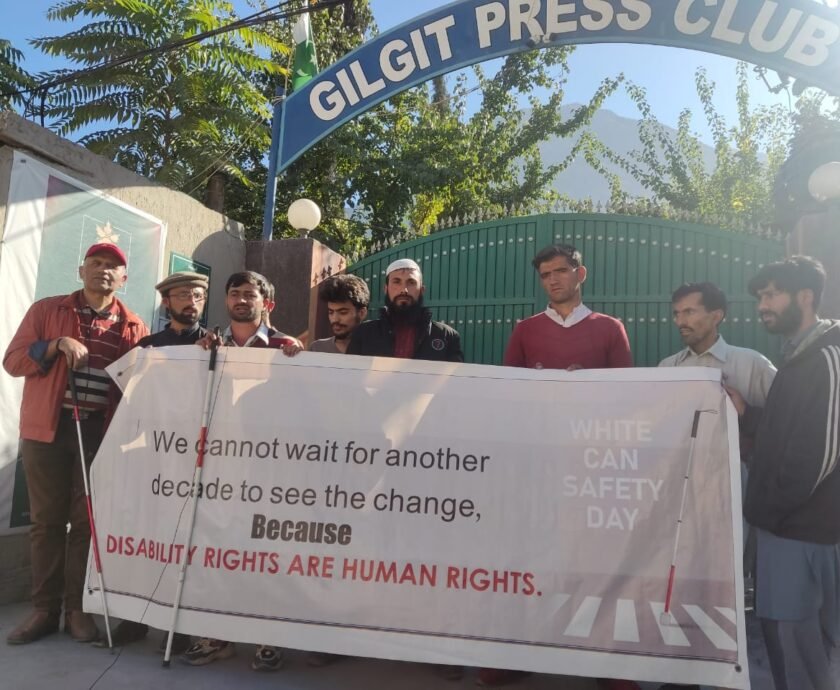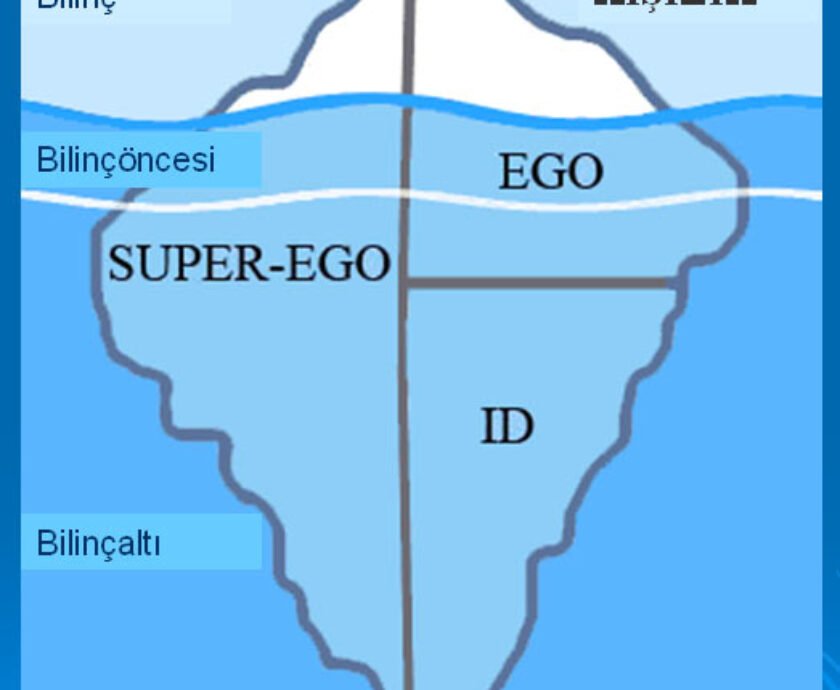The Imperative of Inclusion: Disability Rights and Social Integration
The Imperative of Inclusion: Disability Rights and Social Integration
For years, the Gilgit Baltistan Goodwill Movement (GBGM) has remained neutral in explicitly advocating for disability rights. However, neutrality does not mean inaction. Too many have failed to prioritize the needs of disabled individuals, perpetuating a cycle of exclusion. Even immigrants, who have benefited from new opportunities abroad, have also failed to see beyond their struggles and advocate for those left behind. Inclusion is not simply a moral obligation; it is a fundamental human right and a necessary step toward a more equitable and prosperous society.
Understanding Disability Beyond Charity
Historically, disability has often been viewed through a lens of charity rather than rights. This outdated perspective, reinforced by personal indifference and societal apathy, has led to attitudes that treat disabled individuals as burdens rather than equal participants in society. While some individuals offer charitable support, this alone does not address the systemic barriers preventing disabled individuals from fully participating in society. True inclusion requires a shift from passive sympathy to active engagement, ensuring that disabled individuals have equal opportunities in education, employment, healthcare, and public life.
Economic and Social Contributions Ignored by Individuals
Disabled individuals are not just recipients of assistance; they are valuable contributors to the economy and society. Yet, due to the unwillingness of many to recognize their potential, they are often denied opportunities to prove their worth. When provided with accessible infrastructure and inclusive policies, they can thrive in various professional fields. However, individuals—including employers, educators, and community members—continue to ignore this fact, choosing instead to exclude them from the workforce and social life. Even immigrants, despite having firsthand experience of overcoming barriers, have often failed to recognize the struggles of disabled individuals in their home communities and advocate for meaningful change. Those who choose not to engage in inclusive practices are not only denying disabled individuals their rights but are also weakening their own societies.
Legal and Ethical Responsibilities Ignored by Individuals
Disability rights are human rights, yet many individuals fail to acknowledge their personal responsibility in advocating for and supporting disabled individuals. In regions like Gilgit-Baltistan, a lack of personal commitment has contributed to inaccessible infrastructure, inadequate healthcare, and limited educational opportunities for disabled individuals. The failure to act is not due to a lack of resources but rather a lack of willingness to prioritize inclusion. Even those who have been exposed to more inclusive societies, such as members of the diaspora, frequently neglect to apply these principles in their own communities.
The Role of Individuals in Change
Every individual has the ability—and the responsibility—to create a more inclusive society. Ignoring disability rights is an active choice that contributes to continued exclusion. People must challenge their own biases, advocate for accessibility in their communities, and provide direct support where needed. Those who remain passive in the face of exclusion are complicit in maintaining an unjust status quo. GBGM, as a movement dedicated to goodwill and social welfare, has a role to play in encouraging individuals to take personal responsibility for advocating and acting in support of disability inclusion.
The Importance of Individual Donations
Achieving true disability inclusion requires financial support, and individual donations play a crucial role in ensuring that disabled people receive the services and opportunities they are entitled to.
These funds help provide essential services such as assistive technologies, accessible infrastructure, vocational training, and healthcare. Individuals who choose to contribute directly empower disabled individuals to lead dignified and independent lives. Philanthropy, when undertaken by individuals with a genuine commitment to change, can be a powerful force in addressing exclusion and creating a fairer society.
During Ramadan, your generosity can make a significant difference. Donate here to support disabled individuals and help drive meaningful change.
Practical Steps Individuals Can Take Toward Inclusion
To move beyond rhetoric, individuals must take concrete actions to integrate disabled people into society. These steps include:
- Personal Advocacy: Speaking out against exclusion and encouraging inclusive policies in workplaces, schools, and communities.
- Education and Awareness: Challenging personal biases and promoting disability awareness in daily interactions.
- Accessible Spaces: Ensuring homes, businesses, and public spaces are designed with accessibility in mind.
- Economic Inclusion: Supporting disabled entrepreneurs, hiring disabled employees, and advocating for fair hiring practices.
- Community Engagement: Volunteering time, skills, and financial resources to support disabled individuals.
- Donations and Direct Support: Providing financial contributions to organizations that advocate for disability rights and assist disabled individuals directly.
Conclusion
The inclusion of disabled individuals is not an optional act of goodwill but an essential aspect of a just and progressive society. Individuals have played a significant role in the continued marginalization of disabled people, and their inaction can no longer be tolerated. GBGM has the opportunity to encourage personal responsibility and integrate disability rights into its broader mission of social welfare. By embracing this shift, individuals can ensure that no member of society is left behind and take direct action to create a more inclusive and equitable future.


